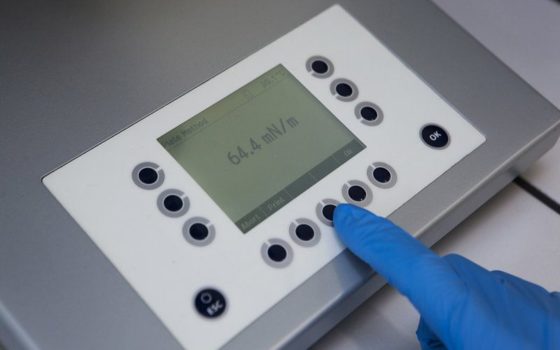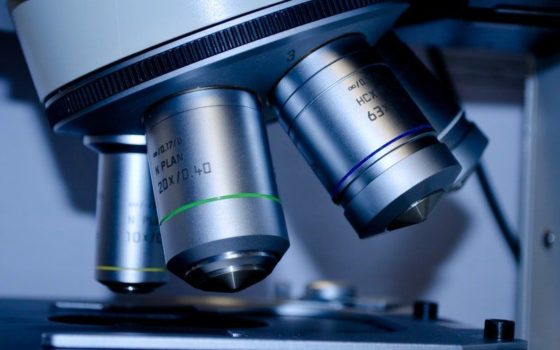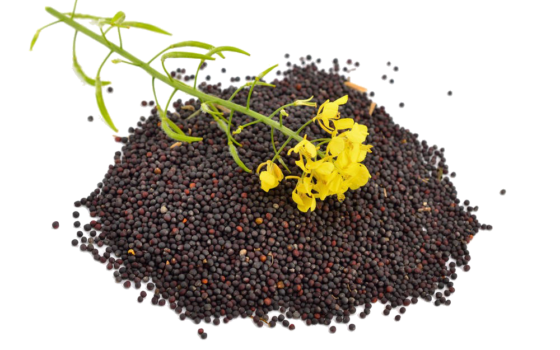A study on the suitability of Hungarian maize seed for Lithuanian climatic conditions
In the framework of the Priority 1 of the Operational Programme for Economic Growth 2007-2013 “Increase the activity of research and technological development in the private sector”, the company Inočekiai LT implemented the project “Study on the suitability of Hungarian maize seeds for Lithuanian climatic conditions”.
There is probably no other plant that can be used as versatile as maize. Maize is both a human food and an excellent livestock feed. It has a wide range of uses, including raw, canned and already harvested grains. It is also an excellent industrial material, producing a wide range of products from green gas to detergents. So maize crops are increasing all over the world.
Selecting the most suitable varieties for Lithuania’s climatic conditions and the ones with the highest economic benefits is a pressing issue for Lithuanian farmers, agriculture, the food industry and the energy sector.
The project was designed to investigate the suitability of Hungarian maize varieties for Lithuanian climatic conditions. The aim of the project was to determine the optimum number of sowing units in field trials, to investigate the resistance to early sowing in comparison with similar FAO varieties available on the market, and to carry out an analysis of qualitative and quantitative yield parameters.
Three objectives were set for the project:
- To determine the optimum number of sowing units per hectare of Hungarian varieties in field trials;
- To investigate and compare the resistance of Hungarian varieties and varieties with similar FAO to early sowing (at a soil temperature not higher than +60 C).
- To carry out qualitative and quantitative analyses of the grain quality and quantity of Hungarian and FAO varieties.
The data obtained will be used by the company in its commercial and educational activities: the data will be used in commercial activities, in interviews with partners and in seminars to illustrate the effectiveness of the Hungarian varieties proposed.
The value of the project is LTL 20 000,00. The applicant’s private investment accounted for more than one fifth of this amount. The Agency for Science, Innovation and Technology provided LTL 15 800,00 for the implementation of the project.
The project started on 01.05.2013 and was completed on 31.10.2013.





